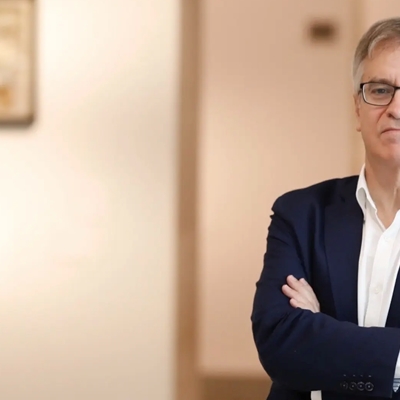Hay Festival Segovia 2022
Science
Event 39
Ana Prendes and Guillermo Solana with Ángel Cárdenas
CERN: Science and Art
Venue: IE University. Sala Capitular
Read moreScience and art are disciplines that often take seemingly opposite paths. But each, in its own field, seeks to provide answers to society's most important questions. The European Organization for Nuclear Research, known as CERN, an eminently scientific institution, is aware of the need to involve agents from across society’s spectrum, especially artists, so that both disciplines may learn from each other's research and output.
Ana Prendes, assistant curator of Arts at CERN, will talk with Guillermo Solana, Spanish philosopher, doctor of Philosophy, professor of Aesthetics and Theory of the Arts at the Autonomous University of Madrid and artistic director of the Thyssen-Bornemisza Museum in Madrid.
The event will be moderated by Ángel Cárdenas, expert manager in Latin America.
Event in Spanish



